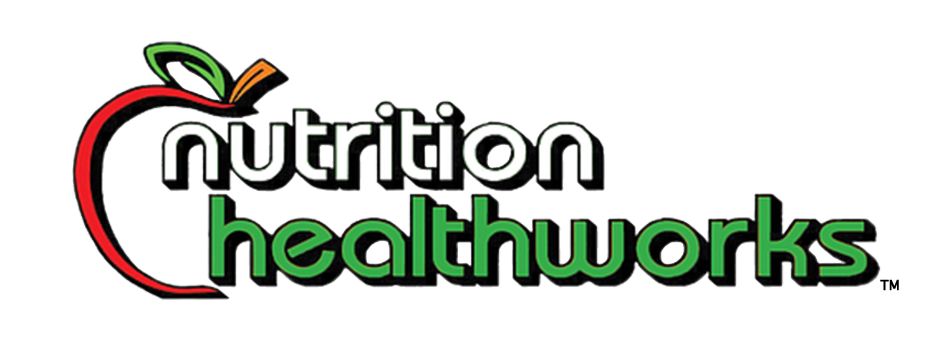Did you get assigned a Senior Superlative in high school? When it comes to prebiotics, probiotics, and synbiotics, I like to think of them as the “best clique”. They complement each other while having their own purpose in health and wellness. These items are consumed through foods or supplements in hopes of improving the microbiome and ultimately health outcomes. But what exactly are they?

What are Probiotics?
Think of “Probiotics” as the “life of the party” (it’s in the name!). These live microorganisms (bacteria and yeasts) promote a healthy microbiome that can strengthen mechanisms of digestion and absorption of nutrients. Research also hints towards a role in immunity, weight management, chronic disease, and even mental health. You can get probiotics in a supplement but these are not regulated. Strain and species are also important to nail down, depending on what you are hoping to use probiotics for. Two of the most recognized probiotic species are lactobacillus and bifidobacterium. You can find these in fermented dairy (kefir, yogurt, certain cheeses) and vegetables (raw kimchi, raw sauerkraut, and pickles.)
What are Prebiotics?
Next are “Prebiotics” which we can think of as the “most dependable.” Prebiotics help supply probiotics (live microorganisms) with fuel or the necessity to function. These are not “live” but are an important precursor. Simply put, if you do not have adequate prebiotic sources in your diet, you might not be able to maintain a healthy microbiome. Talk about power! Sources of prebiotics include artichoke, leek, onion, garlic, chia seeds, and chicory root.
What are synbiotics?
Last but certainly not least is “Synbiotics” which we can think of as “most likely to become president.” Synbiotics are a mixture of both live organisms and selectively fermentable substrates or prebiotics. When administered together, these benefit their host. Research is still emerging but shows promise as a treatment for inflammation, dyslipidemia, diabetes, obesity, PCOS, and dermatitis. Interestingly, some fermented foods are synbiotics because they contain both prebiotics and live cultures (raw sauerkraut and kimchi). Many supplements are being marketed as synbiotics, so it is important to review these with your doctor or registered dietitian to make sure they are credible and appropriate for your goals.

Kelly Myers
MS, RD, LDN
Kelly is a Licensed and Registered Dietitian Nutritionist with a passion for helping individuals and families. She completed her…
